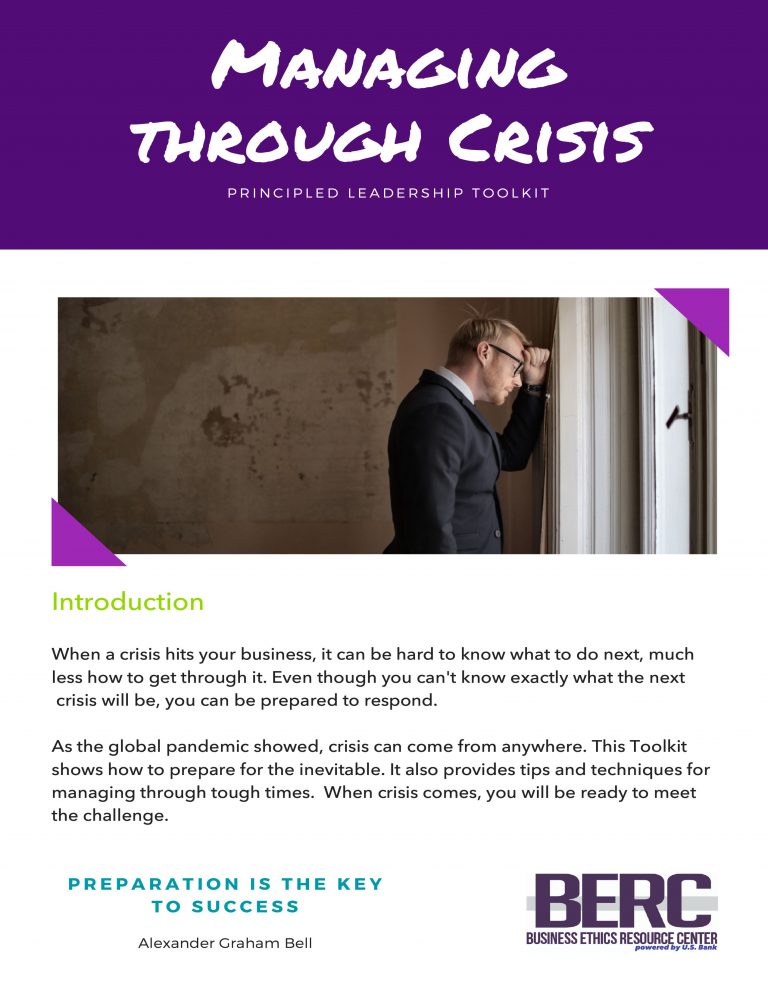
How one company’s fall from grace prompted new standards
Much has been written (and filmed) about the Enron scandal. Enron’s collapse resulted in prison sentences for several executives, and more importantly, the loss of thousands of people’s retirement savings.
Large scandals often prompt congressional action. Following Enron, Congress passed the Public Company Accounting Reform and Investor Protection Act (2002). Better known as the Sarbanes-Oxley Act after its co-sponsors, the law and its requirements is often nicknamed “SOX.”
SOX applies to publicly traded companies. The law increased the penalties for financial fraud by those companies. It requires that top executives individually sign off on the accuracy of financial information. Sarbanes-Oxley made boards of directors an enhanced oversight role. The law also mandates independence for outside auditors to improve the accuracy of corporate financial statements.
Stacey Supina, Center for Ethics in Practice, University of St. Thomas



Recent Comments